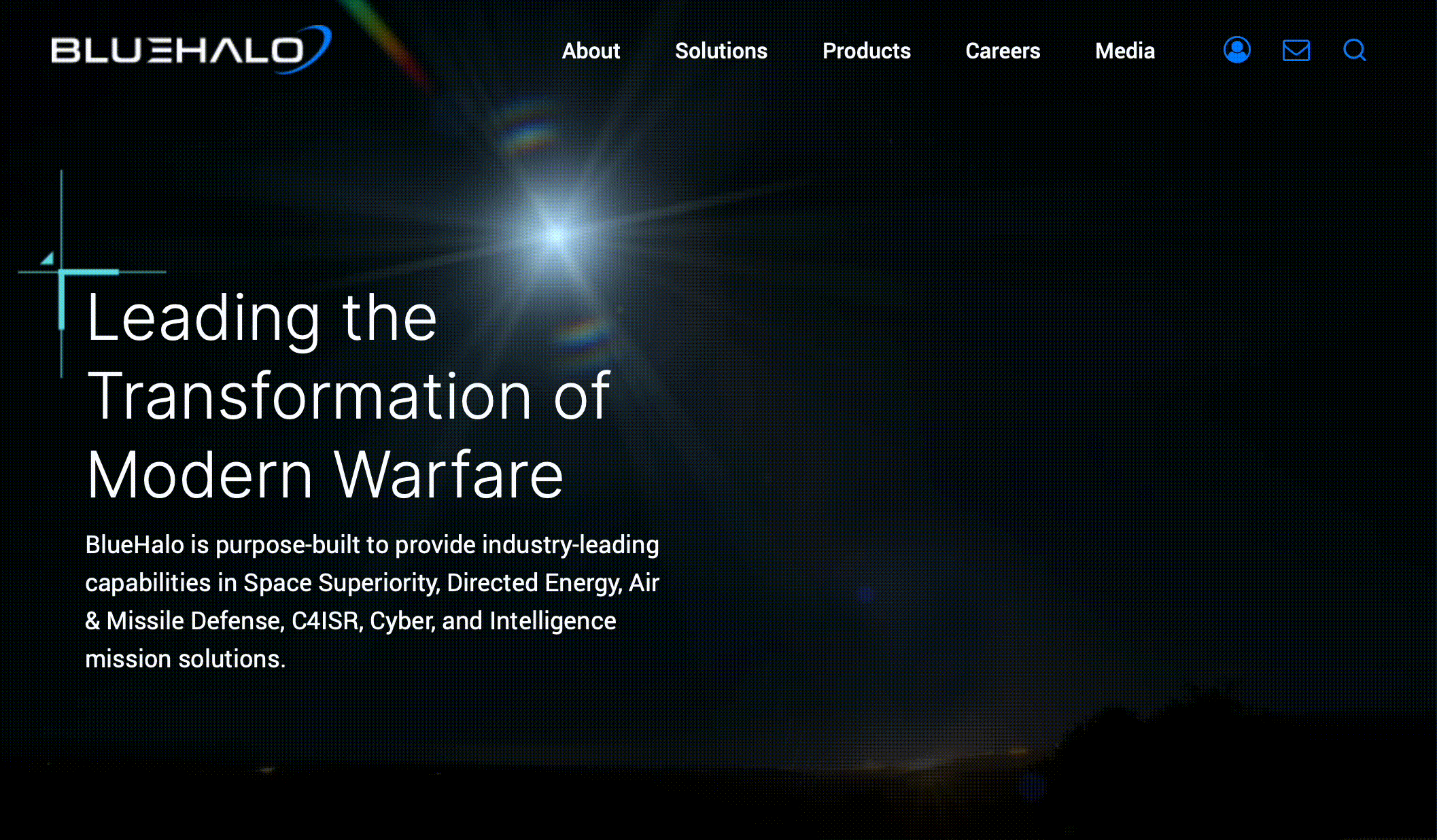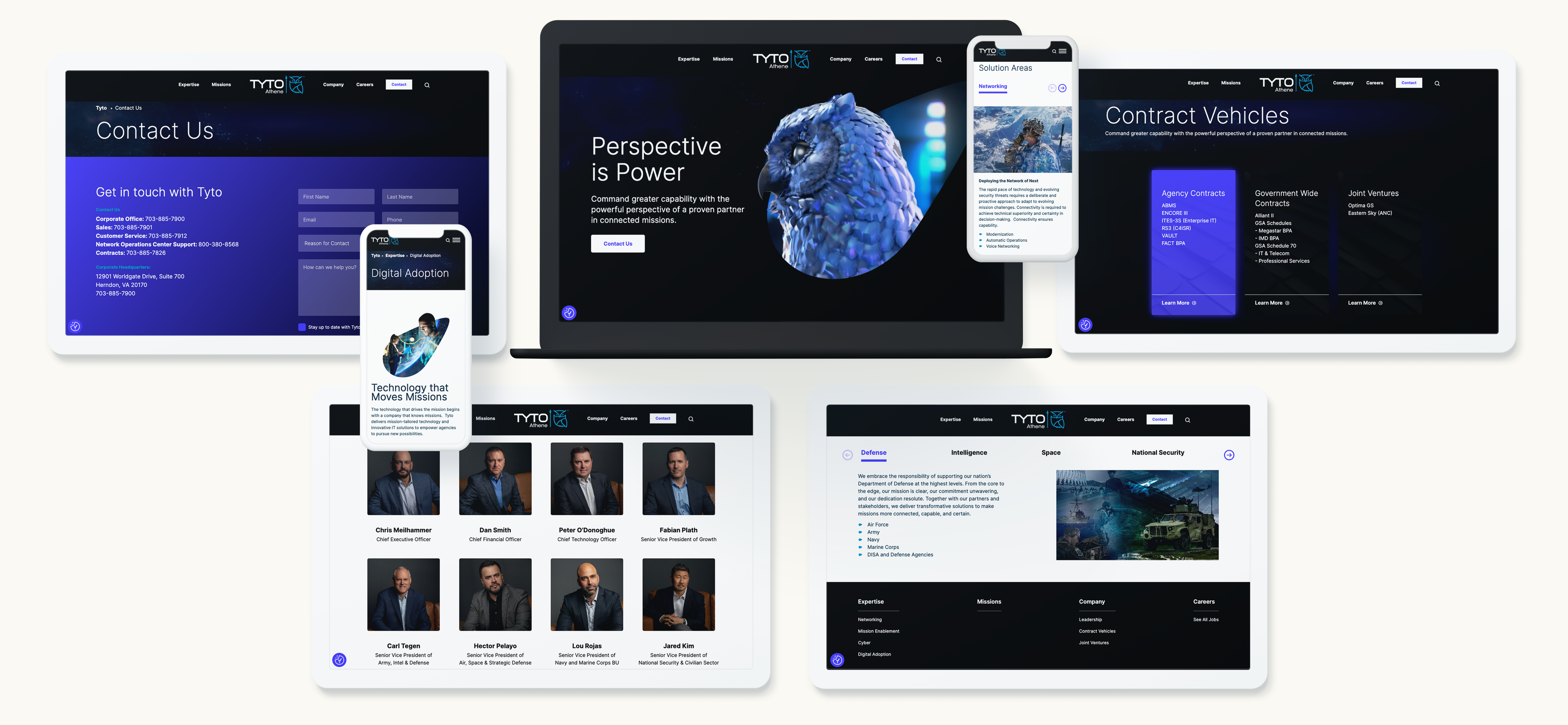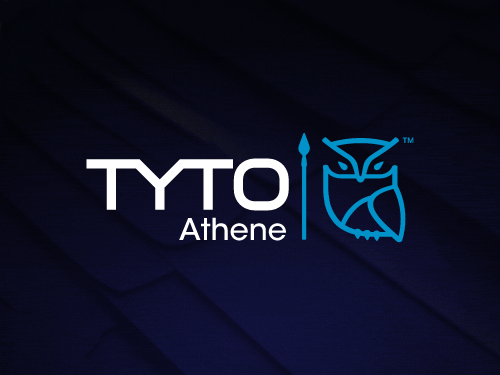In today’s competitive government contracting landscape, standing out is no small feat. While pricing and technical capabilities are critical to winning contracts, there’s another crucial factor that can make or break a contractor’s success: thought leadership. Establishing yourself as a trusted authority in your industry is essential, not just for differentiating your business but also for influencing the decision-makers in government agencies.
But what exactly is thought leadership, and how can it help government contractors build credibility and win contracts? Let’s explore.
The Importance of Thought Leadership in Government Contracting
Government contracting is highly competitive, with multiple firms often vying for the same contract. While many contractors may offer similar technical expertise or pricing, one element that can set them apart is their authority within the industry. Thought leadership provides that edge by positioning a company as a trusted advisor to government agencies and procurement officers.
In the public sector, trust and credibility are crucial factors in the decision-making process. Agencies are often risk-averse, preferring to work with companies they believe have a deep understanding of their unique challenges and long-term needs. Contractors that establish themselves as thought leaders demonstrate their commitment to the industry, forward-thinking approach, and ability to provide solutions tailored to government challenges.
This credibility is invaluable in the procurement process, helping to influence perceptions and potentially tipping the scales in your favor when contracts are being awarded.
The Benefits of Thought Leadership
Thought leadership offers several benefits for government contractors:
- Building Trust: By sharing valuable insights, analysis, and solutions, your company becomes a go-to resource for government decision-makers. This positions your firm as more than just a vendor—you’re seen as a strategic partner capable of delivering long-term value.
- Enhancing Visibility: Thought leaders naturally gain more attention, both online and offline. Consistently providing industry insights through articles, white papers, and speaking engagements raises your profile, making your company more recognizable to key stakeholders.
- Creating Opportunities: By engaging with the public sector through thought leadership, you open doors for networking, collaboration, and partnerships. Government contractors who are recognized as industry experts are often sought out for high-level conversations, giving them access to new opportunities.
How to Establish Thought Leadership in Government Contracting
Building a thought leadership strategy requires a concerted effort across various channels. Here are key strategies to consider:
1. Leverage Executive Visibility
Your executives are often the most credible voices within your company. Encourage them to share insights through blogs, white papers, and case studies that address common government contracting challenges. For example, a white paper on improving cybersecurity in public sector IT systems can help position your company as a forward-thinking solution provider in a key area of concern.
2. Engage in Speaking Opportunities
Participating in industry events and conferences is a powerful way to demonstrate expertise. By delivering talks or sitting on panels, your company leaders can showcase their deep industry knowledge, while making valuable connections with procurement officers and other stakeholders in the government space.
3. Media and Content Opportunities
Take advantage of media opportunities to expand your company’s reach. Podcasts, radio tours, and guest articles in respected industry publications can amplify your firm’s voice. Providing expert commentary on emerging trends or challenges, such as the impact of AI on government operations, is a smart way to remain top of mind with key audiences.
4. Create Content That Solves Problems
Government agencies are constantly dealing with complex, evolving issues. Create content that directly addresses these pain points, offering actionable solutions and insights. A case study on how your company helped an agency streamline its procurement process can demonstrate your practical knowledge and ability to deliver results.
Measuring the ROI of Thought Leadership
Like any marketing initiative, thought leadership should be measurable. Key performance indicators (KPIs) might include:
- Engagement metrics: Track the performance of your thought leadership content by monitoring web traffic, social shares, and media mentions.
- Media coverage: A well-placed article or interview can enhance visibility and credibility.
- Business outcomes: Keep an eye on contract inquiries and wins that are linked to your thought leadership activities, as this can indicate direct impact on your bottom line.
By regularly reviewing these metrics, you can adjust your thought leadership strategy to focus on the areas delivering the most value.

Why Thought Leadership Matters for Government Contractors
Thought leadership is more than just a marketing buzzword. For government contractors, it’s a powerful tool for building trust, enhancing visibility, and ultimately winning more contracts. By positioning your company as an authority in your field, you not only differentiate yourself from the competition but also create long-term value for your public sector clients.
Ready to establish your firm as a leader in government contracting? Bluetext can help you develop a customized thought leadership strategy that drives results. Contact us today to get started.



